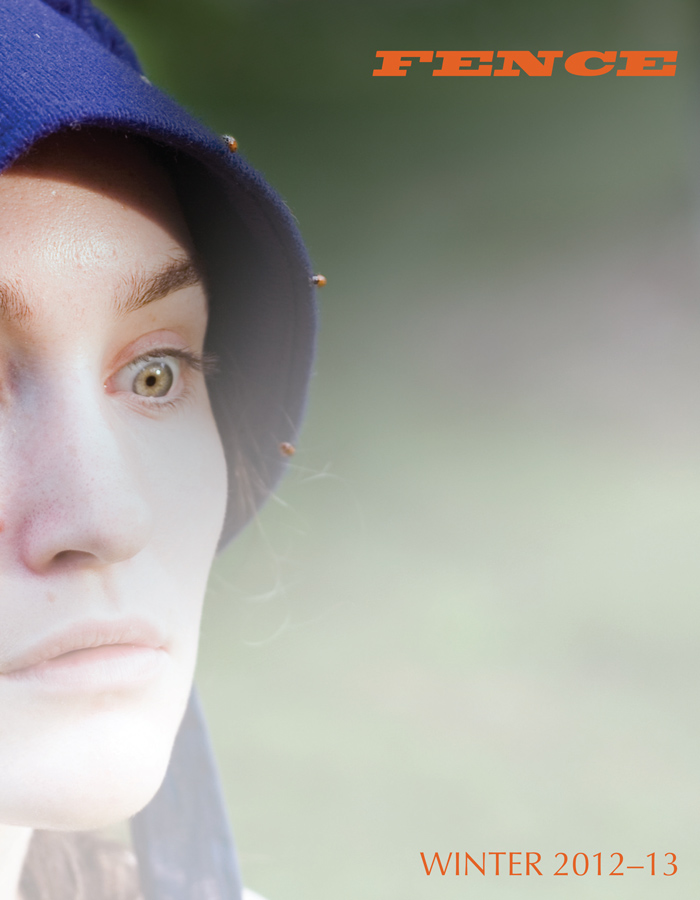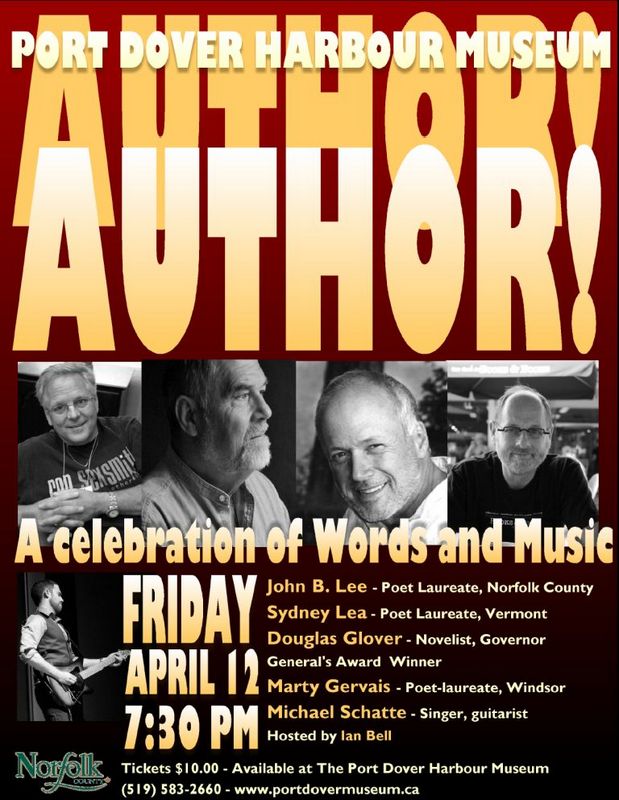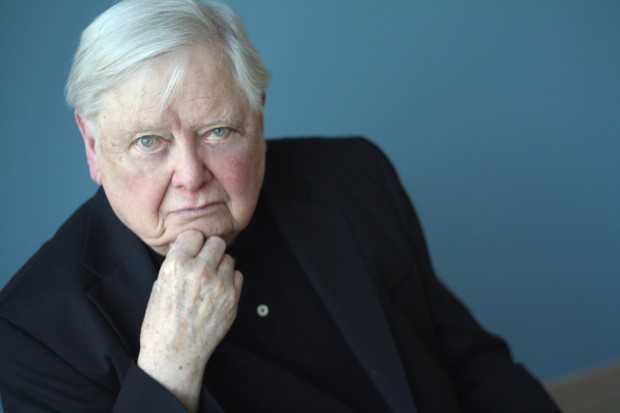
Via Richard Skinner’s website, here’s a fun little compendium of writing advice from the German writer W.G. Sebald. Compare this list with the Gordon Lish Notes, (via The Art of Tetman Callis) another wonderful ‘crash-course’ in fiction writing for the cyber age.
Particular pearls of Sebaldian wisdom that stood out:
There is a species of narrator, the chronicler; he’s dispassionate, he’s seen it all.
The dispassionate chronicler is never shocked or sentimental, yet he retains a sensibility that might well qualify as wise and compassionate. This is the modern condition. Unless you’ve been living on an iceberg for the last 50 years, very little will surprise. And yet storytelling still demands a narrator. I’ve been reading Antoine de Saint-Exupery’s memoir, Wind, Sand and Stars, which is a lovely but highly narrated book. First published in 1939, Saint-Exupery could get away with a more heavy-handed narrative style. But the contemporary reader is less willing to trust the author these days. So the all-knowing, omniscient narrator might well be a thing of the past, like Saint-Exupery’s open cockpit bi-planes. But the post-modern trend toward killing the author (and by extension, the narrative voice) often makes for a jumpy, cinematic effect. Sebald’s dispassionate chronicler might be something to ponder as a narrative device.
I also found this thought enlightening:
Particular disciplines have specialized terminology that is its own language. I could translate a page of Ian McEwan in half an hour—but golf equipment! another matter. Two Sainsbury’s managers talking to each other are a different species altogether.
The lively language of specialized labor often makes for wonderful reading. I recently finished reading “Effleurage: The Stroke of Fire” by Barry Lopez (in About This Life: Journeys on the Threshold of Memory), in which Lopez intricately describes the process by which a group of Oregonian potters work a communal kiln. Now, all things being equal, if someone had told me that I was about to read a thirty page essay on pottery, I would have gladly offered to take out the trash and scrub the hardwood floors instead. Yet Lopez creates one of the most mesmerizing essays I’ve ever read, in part because he takes the reader inside the highly specialized process of these potters.
– Richard Farrell





